Family Medicine: What Does That Mean in an Urban University Setting?
Family Medicine: The Core Training of Our Program
- Continuity clinics at UW Neighborhood Clinics-Northgate or Harborview:
- R1: 1-2 clinics per week
- R2: 2-3 clinics per week
- R3: 4 clinics per week
- Core Skills and Home Focus:
- R1 rotations: 6 weeks of outpatient educational and clinical experience
- Common ambulatory care problems
- Community medicine
- R-1 support/R-3 Balint groups
- Patient-centered communications
- Advanced Cardiac Life Support Course
- Neonatal Resuscitation Provider Course
- Advanced Life Support in Obstetrics Course
- Simulation Laboratory / WISH procedural modules
- Dental health training
- Family Medicine Inpatient Service (medicine, OB, newborn care):
- R1: 6 weeks
- R2: 2 months
- R3: 1 month
- Community practice selective:
- R2: 4 weeks of community experience that can be local in Seattle or arranged anywhere in the five state WWAMI region. Recent examples include Juneau, AK, Browning, MT, Livingston, MT, Sitka, AK, Neighborcare in various Puget Sound locations, and at our very own new RTT site in Chelan, WA.
- R3 curriculum:
- R3: 1 half-day per week
- Advanced behavioral science skills
- Community medicine
- Practice management training
- Individual scholarly projects
- Self-selected group practice improvement activities
Family Medicine: The Medical Home Model
- UW Neighborhood Clinic-Northgate
- 18 Residents, 6 in each year
- Six practice teams: 2-3 Faculty, 3 Residents (R1, R2, R3), 0-1 Physician Assistants
- Pharmacist, Social Worker, Care Management, Behavioral Scientist, Nutritionist, Psychiatrist, Sports Medicine, Health Navigator, Ultrasound
- Patients: from local community and the University
- FMC at Harborview Medical Center
- 8 Residents, 2 core site residents in each year and 2 RTT interns
- 8 Physician Faculty
- Pharmacist, Social Worker, Care Management, Behavioral Scientist, Nutritionist, Psychiatrist, Ultrasound
- Patients: predominantly urban underserved of central and south Seattle
